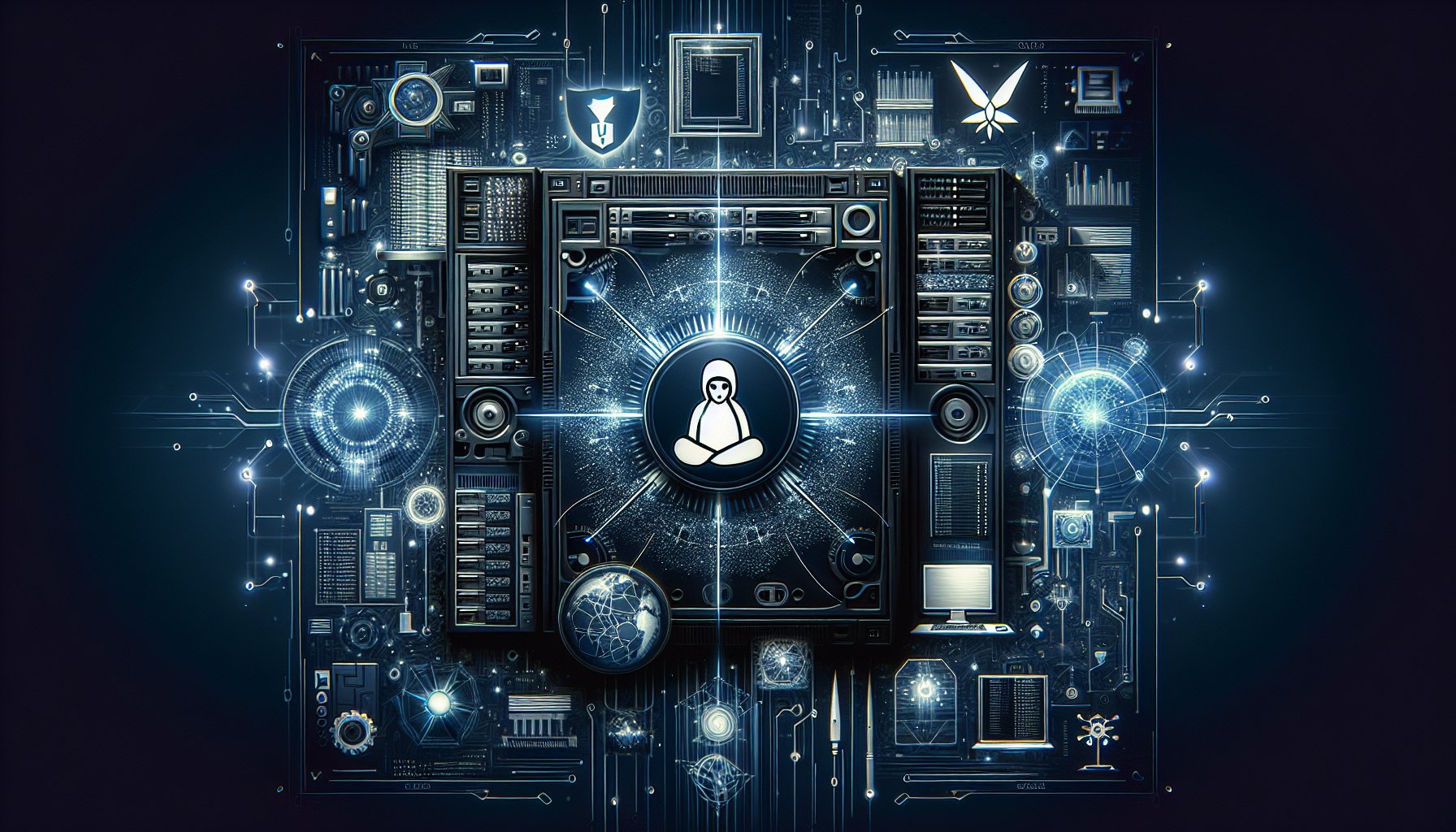Embrace the Evolution of Linux Administration
Linux, the powerhouse of the modern IT infrastructure, continues to evolve, embracing new technologies and methodologies that are reshaping the landscape of Linux administration. This blog post will guide you through the cutting-edge trends and innovative solutions that are defining Linux administration in 2025 and beyond.
Cloud Computing: The New Normal
The rise of cloud computing has redefined the way we manage and orchestrate Linux servers. The integration of Linux with major cloud platforms such as AWS, Google Cloud, and Azure has empowered administrators with the ability to deploy, monitor, and manage servers with unprecedented ease and flexibility.
Containerization and Microservices
Containerization has revolutionized the way applications are developed and deployed. Using tools like Docker and Kubernetes, Linux administrators can now manage applications as a collection of services. This microservices architecture enhances scalability, resilience, and provides a swift development-to-deployment cycle.
# Sample Kubernetes Deployment
apiVersion: apps/v1
kind: Deployment
metadata:
name: sample-deployment
spec:
replicas: 3
selector:
matchLabels:
app: sample-app
template:
metadata:
labels:
app: sample-app
spec:
containers:
- name: sample-app
image: sample-app:1.0.0
ports:
- containerPort: 8080
Automation Reigns Supreme
Automation is no longer an optional luxury but a necessity. Tools like Ansible, Puppet, and Chef are empowering Linux administrators to automate repetitive tasks, manage configurations, and maintain system consistency, thereby reducing human error and increasing productivity.
Security: Always a Priority
In an era of increasing cyber threats, Linux administrators must prioritize security. Implementing secure shell (SSH) keys for authentication, configuring firewalls, and keeping systems up-to-date are just a few of the best practices to ensure a secure Linux environment.
The Rise of AI in Linux Administration
Artificial Intelligence (AI) and Machine Learning (ML) are shaping the future of Linux administration. AI-driven tools and applications are helping administrators analyze system logs, predict system failures, optimize resource utilization, and automate routine tasks.
Conclusion: Staying Ahead of the Curve
The landscape of Linux administration is rapidly evolving, driven by innovation and the relentless push towards efficiency and scalability. Embracing cloud computing, mastering containerization, adopting automation, prioritizing security, and leveraging AI can help Linux administrators stay ahead of the curve.
As we move further into the future, continuous learning, adaptability, and a forward-thinking mindset will be crucial for every Linux administrator. Stay updated, stay relevant, and continue to harness the full power of Linux in this era of digital transformation.
